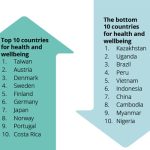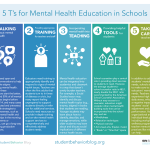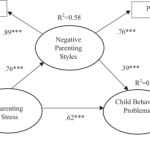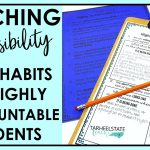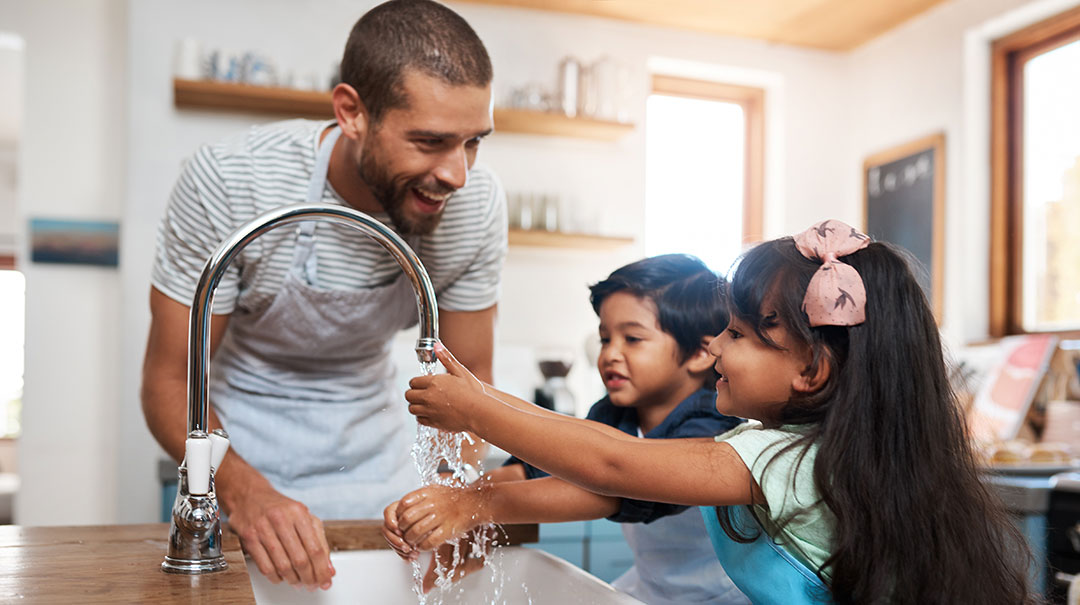Table of contents
Exploring the Positive and Negative Effects of Social Media On Parenting and Children
In the digital age, parents are increasingly struggling to manage their children’s use of social media. Recent research has shed light on how this digital world can have both positive and negative effects on parenting and children.
Social media can have a powerful impact on parenting and the lives of young people. In recent years, there has been a surge in the amount of time children are spending on social media sites. For example, studies reveal that millennials between the age of 18-25 spend an average of 6 hours per week on social media platforms.
The extent to which social media can positively or negatively influence parenting and children will depend on how it is used. On the one hand, parents can use social media to stay connected with their children and build stronger relationships. It can also be helpful for parents to monitor their kids’ online behaviors, discover potential online predators and to get a better understanding of their views and values. On the other hand, when used recklessly and without boundaries, social media can protect children from negative encounters and parental guidance.
The Positive Impact of Social Media on Parenting and Children
Social media can be a platform for parents to connect with their children and build strong relationships between them. In addition, parents can use social media to be present in their children’s online lives and guide their development. Here are some of the positive impacts of social media on parenting and children:
- Social Media Helps Parents to Connect With Their Children: Social media platforms allow parents to keep in touch with their children, even when they are at work or away from home.
- Social Media Provides an Opportunity for Open Dialogue: Social media can help foster conversations and open dialogue between parents and children. The conversations can help parents stay on top of their kids’ activities, understand their views and values, and help them make better decisions.
- Social Media Can Be Used to Monitor Online Activity: Parents can use social media to monitor their children’s activities, such as what they post or who they communicate with online.
- Social Media Promotes Positive Role Models: Parents can use social media to introduce their children to positive role models, such as celebrities or influencers, and to provide them with Internet guidance.
The Negative Impact of Social Media on Parenting and Children
However, social media can also have a damaging effect on parenting and children, if used without parental guidance and clear boundaries. Here are some of the negative impacts of social media on parenting and children:
- Social Media Can Promote Cyberbullying: Social media platforms can be used to bully other users. Cyberbullying can cause psychological distress, including increased stress and anxiety, in addition to low self-esteem and depression.
- Social Media Can Lead to Inappropriate Content: Social media can expose children to inappropriate content such as pornography and hate speech. Therefore, parents need to ensure that their children are using social media responsibly.
- Social Media May Encourage Reckless Behaviour: Social media can promote risky behaviors such as drinking, drug use, and reckless driving by providing an environment that encourages such behaviour.
- Social Media Can Harm Physical Health: Social media use can also lead to physical health problems, such as increased stress levels and reduced physical activity.
Conclusion
Social media can be a powerful tool for parents to connect with their children and build stronger relationships. However, if used without boundaries and parental guidance, it can have a damaging impact on parenting and children. Therefore, it is important for parents to understand the potential effects of social media on parenting and children, and find the balance between healthy use and overuse.

